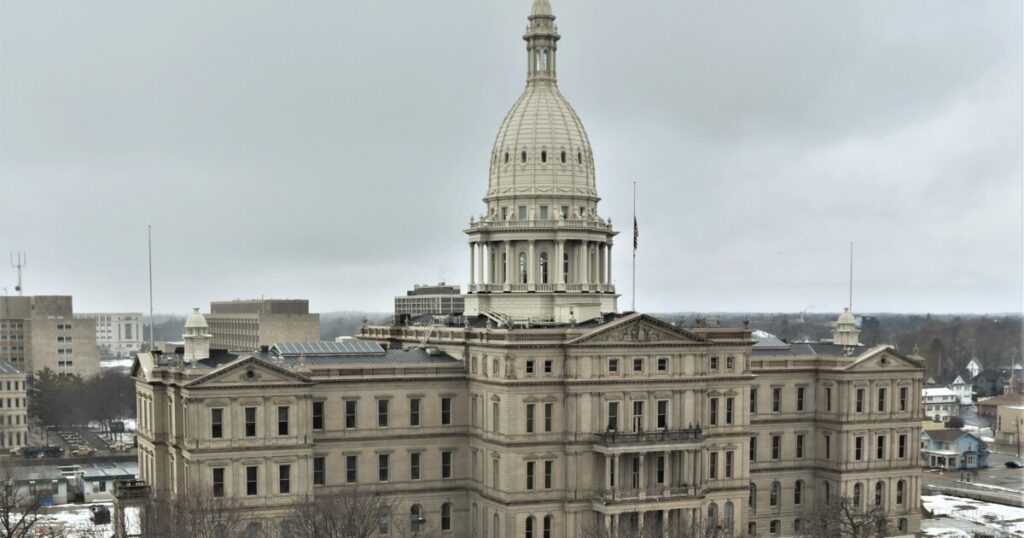As educational institutions across Michigan gear up for the new academic year, they face uncertainty due to ongoing budget discussions in Lansing. With no finalized state funding, K-12 schools, universities, and community colleges are left in a precarious position as they begin their classes.
According to a 2019 state law, the Michigan Legislature is required to settle on a budget by July 1. However, the law does not impose any penalties for failing to meet this deadline, prompting discussions on potential consequences.
House Speaker Matt Hall, a Republican, has advocated for docking lawmakers’ pay if they miss the budget deadline. “If we had had legislation in place that took away the politicians’ pay if they missed their deadline on a budget, I would’ve got a deal done before July 1,” Hall contended.
Senate Majority Leader Brinks, a Democrat, echoed this sentiment, highlighting bipartisan support for such measures. “Clearly the law that was passed in ’19, that does not have teeth, was not effective this year,” Brinks remarked.
Despite these discussions, no formal bill has been introduced to enforce pay cuts for missing the budget deadline. As the state approaches the October 1 start of its fiscal year, the urgency is mounting. Failure to pass a budget by then could result in a shutdown of nonessential state services.
Rick Pluta
/
Michigan Public Radio Network
Governor Gretchen Whitmer is actively engaged with both Republican and Democratic leaders to expedite the budget talks. “We’ve got to get it done and it’s got to get done on time or it’s bad for everybody,” she emphasized.
With the academic year underway, schools and universities have commenced their fiscal year without clarity on state funding levels. Some institutions are evaluating whether they can continue offering free meals to students amid the financial uncertainty.
Whitmer attributed the delay to increasing political polarization, particularly within the Republican-controlled House and the Democratic-led Senate. “In governance it’s not new, but I think that it’s more acute and more concerning now than ever,” she noted. The governor expressed her determination to prevent the kind of gridlock seen in Washington, D.C. from taking hold in Michigan.
As the October 1 deadline looms, Whitmer underscored the time-sensitive nature of the negotiations. “You can’t send bills to the governor on October 1 and think that they go into effect that day,” she cautioned, stressing the need for a budget to be finalized well in advance.
Compounding the budgetary challenges is a recent federal budget law, which has increased the costs of Michigan’s Medicaid and food assistance programs. A report by the Citizens Research Council of Michigan projects that these changes will create a $1.1 billion shortfall for the state.
—
Read More Michigan News










